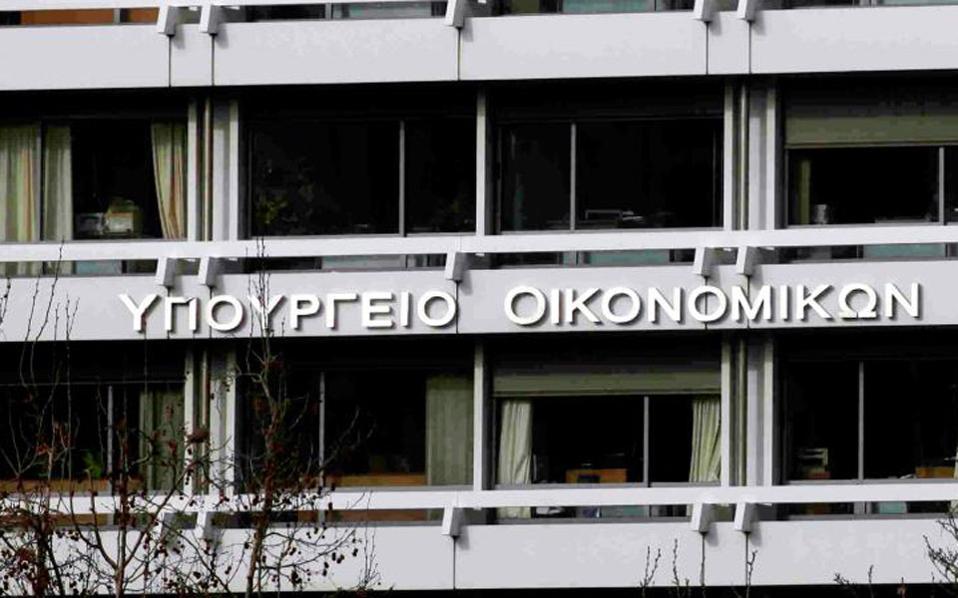Balancing act

The ordinary Greek naturally wonders how it can be that Greece’s budget revenues for the first seven months of the year missed the target while, over the same period, the central government registered a primary budget surplus of 3.57 billion euros.
The answer is pretty simple: The leftist-led administration is determined to avoid the activation of the much-feared automatic mechanism for cutting state spending and, at the same time, keep its propaganda apparatus running at full throttle. Because targets are set in advance and revenues were below target, spending has to be constantly cut back. As a result, the state is halting payments in order to show the much-desired budget surplus.
This means that taxpayers are unable to fulfill their obligations, or that there’s no liquidity in the market, or that tax evasion is thriving – or all of these at the same time. As a result, the state stops payments to suppliers and beneficiaries (which is why buses often come to a halt in Thessaloniki), bringing the economy to a complete freeze. All that for the sake of a primary surplus.
This is more or less the state of the Greek economy, which, luckily, benefits from tourism revenue. Although tourism revenues have failed to rise at the same rate as the number of arrivals (there are many reasons for this, but mostly it’s because of extensive tax evasion), the growth of tourism is nevertheless remarkable. Growth is not a result of some systematic campaign on the part of the Greek authorities, but rather thanks to the chaotic situation in the broader southeastern Mediterranean region. We don’t know if the volatility will continue, or for how long, but we certainly hope that Greece will continue to be a pocket of stability in the region. This is not only up to Athens.
So the question that needs to be answered is where the necessary money will come from to stimulate the market, to kick-start the economy, to boost growth, and to reduce unemployment. The answer, of course, is private investments. Even Alexis Tsipras, the country’s leftist prime minister, admits to that fact these days.
However, it’s hard to expect much in the way of private investment given the apparent determination of a number of SYRIZA officials and several key ministers to keep it out of Greece.
Overall, the Tsipras administration seems to be standing on three different boats. One is its necessary distancing from delusions; the second is the persistent efforts to maintain a leftist profile; and, third, the effort to build its own status quo. But there is very little that can come out of all that.



